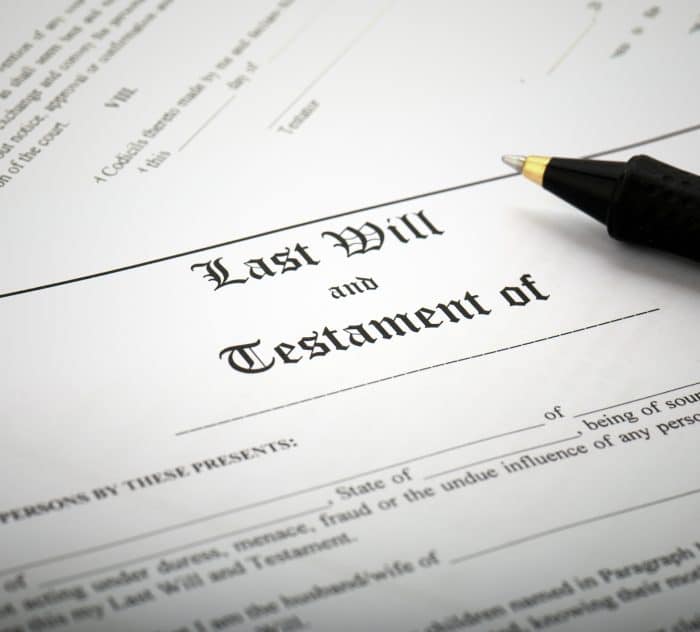The North Carolina Court of Appeals’ recent decision on December 3, 2024 in Abitol v. Clark highlights the critical role of clear drafting in estate planning and raises novel legal questions regarding the inheritance rights of posthumously conceived children.
The Decedent had a Will and a Revocable Trust that included provisions for the benefit of his daughter from a prior relationship, who was receiving disability benefits. The Will and Revocable Trust were drafted in such a way that the daughter’s inheritance was protected and did not disqualify her from receiving means-tested disability benefits. On the surface, it would seem the Decedent had his affairs in order.
However, the Decedent’s surviving spouse had a son born more than 10 months after the Decedent’s death through in vitro fertilization. DNA tests confirmed that the Decedent was the biological father. The question at issue was whether the Decedent’s estate should be divided between both his daughter and his son. The Decedent’s Trust did not define the term “children,” creating ambiguity and room for legal disputes.
The Court of Appeals held that the plaintiff’s claim for declaratory judgment presented a legitimate controversy regarding whether the Decedent’s son, born more than 10 months after the Decedent’s death, qualifies as an after-born child entitled to inherit under North Carolina law. An after-born child is one born after a parent’s death, whose inheritance rights can depend on specific statutory provisions. The court determined that the trial court erred in dismissing the case because the issues raised involved a genuine dispute over the interpretation of intestate succession statutes and trust provisions. The case was reversed and remanded to the lower court for further proceedings to resolve these factual and legal questions.
Without delving into the specific differing interpretations of statutory law at issue in this case, an important lesson is that clear and precise drafting can prevent costly and time-consuming litigation. If the Decedent had specified in the trust whether he intended after-born children to inherit, this dispute might have been avoided entirely. For estate planners, this serves as a reminder of the importance of anticipating unique situations, such as posthumous conception, and addressing them explicitly in estate documents.
An additional legislative consideration from this case is whether North Carolina law should establish a clear deadline for when after-born children can inherit through an estate. Advances in medical technology, such as in vitro fertilization, have made it possible to conceive children long after a parent’s death. Without a clear deadline, estate administration can potentially face prolonged uncertainty. Of course, a fairness-based argument would be that after-born children should inherit equally with siblings because this is likely what the parent would have wanted. Legislators may wish to revisit the relevant statutes to strike a balance between finality in estate administration and fairness to after-born children.
Contact a member of Poyner Spruill’s trusts and estates team to ensure your estate plan addresses both current needs and emerging challenges in this rapidly evolving area of law.



